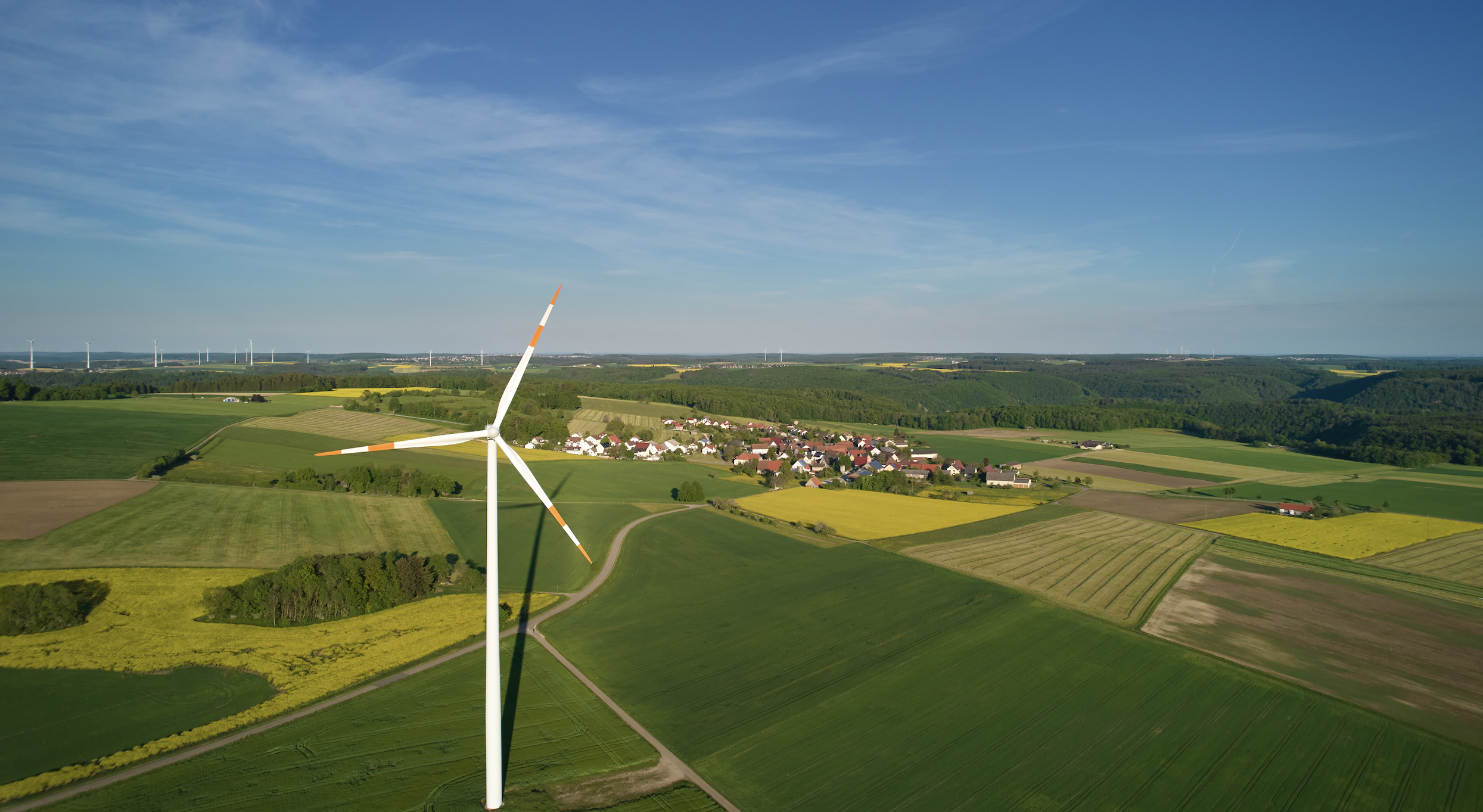As demonstrated by the “Decarbonisation paths” analysis, without onshore and offshore wind Poland will fail to achieve the energy de-carbonization commitments stemming from the Winter Package.
In connection with the draft Energy Policy of Poland by 2040 (“EPP 2040”) announced by Ministry of Energy, PWEA updated the last year’s “Decarbonisation paths” analysis to match its time horizon with the draft EPP 2040.
The analysis compares the governmental assumptions presented in the draft EPP 2040 with the alternative model presented by PWEA, which puts more emphasis on the development of renewable energy sources. In the PWEA energy mix, the RES share would reach 42.7 percent in 2030 and 55.6 percent in 2040 and would allow for a more dynamic reduction of carbon dioxide emissions related to the production of electricity.
The PWEA scenario assumes, among others, the achievement of 7 thousand MW of new onshore wind capacity by 2035 and the launch of the first offshore wind farms in 2024. Offshore installed capacity is forecast at 5.7 thousand MW by 2030 and 12.4 thousand MW by 2040.
The PWEA analysis, together with the PWEA Position Paper on the draft EPP 2040, has been filed with Ministry of Energy and all ministries competent for the matters of energy and climate as well as with the Office of the Government Representative for Strategic Energy Infrastructure and parliamentary committees and teams related to the development of renewable energy sources, and with all parliamentary clubs.

